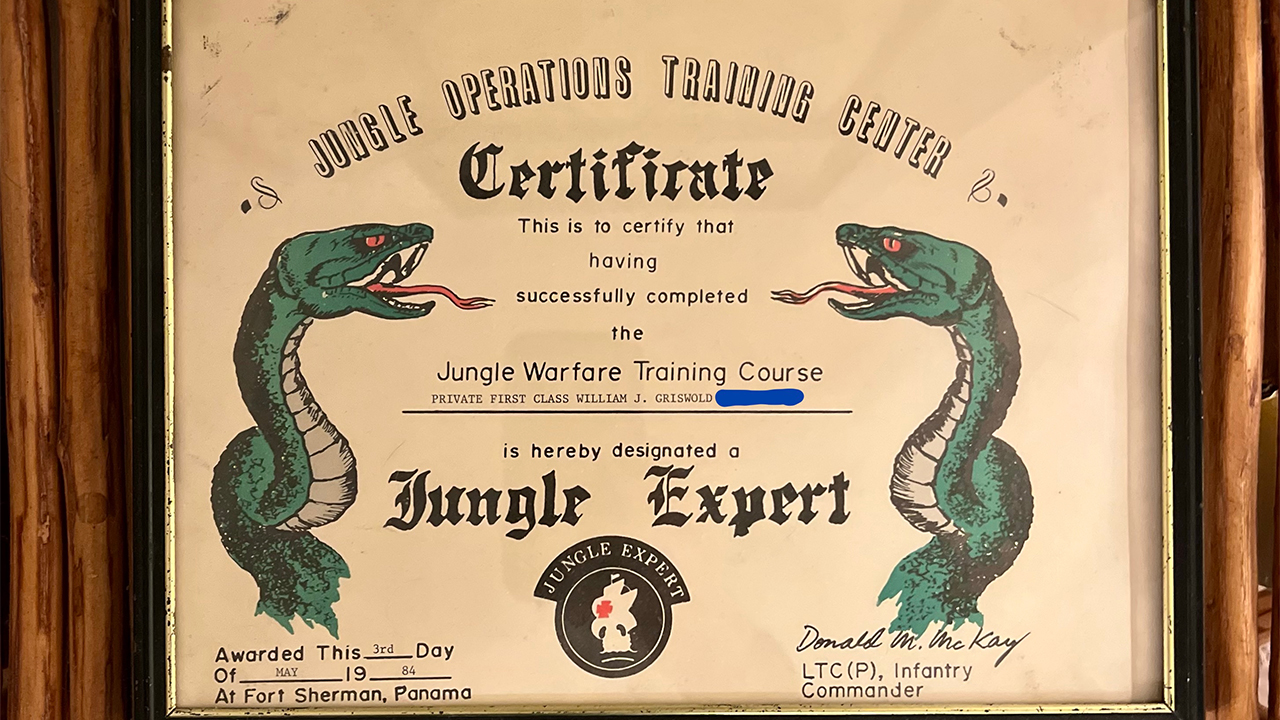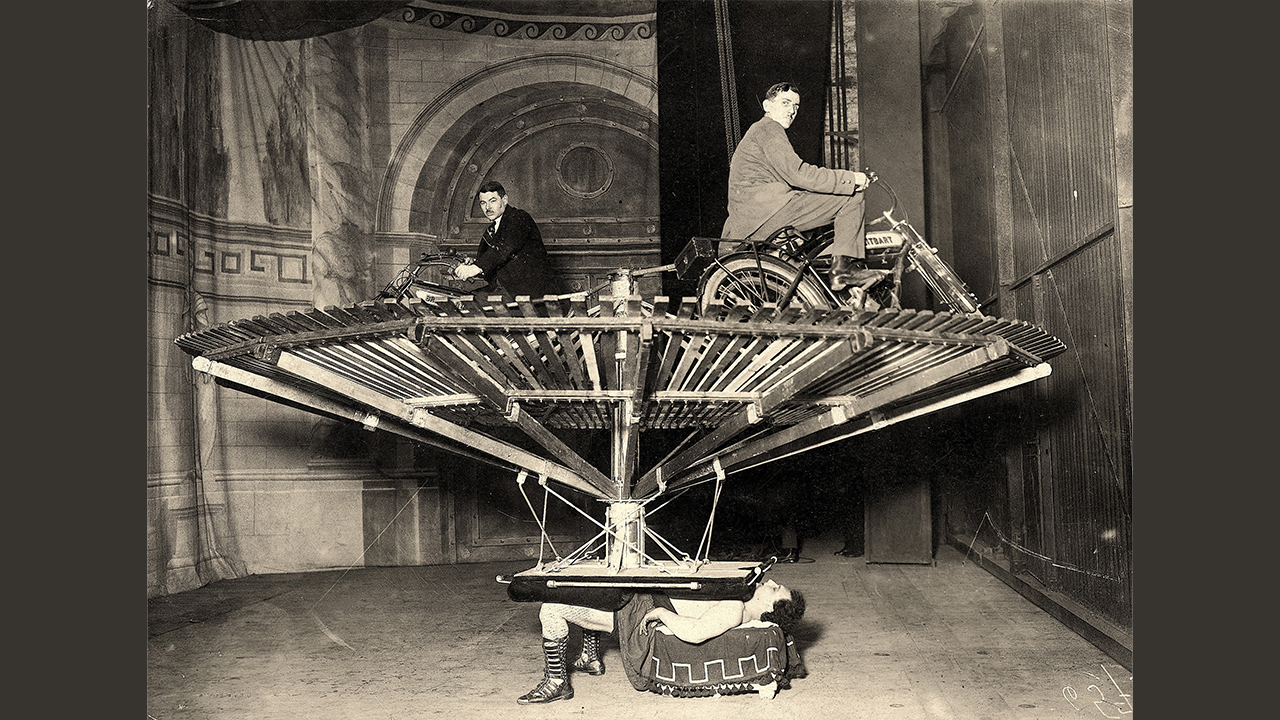The Welter of the First College Visit
February 4, 2019
College enrollments in the United States were down again last year, from the previous fall. That would not have been evident by attendance at Tulane University’s recent Louisiana Day. McAlister Auditorium was nearly full of state residents with enough interest in the kids applying to the school, this fall or next, to have taken the day off and in some cases driven for hours to see the campus and hear tips for getting in.
Tulane ties 44th in US News’ “National Universities” category. The campus is a pleasant mix of new construction and subtropical decay, and is next to New Orleans’ Audubon Zoo. The school has a commitment to service-learning and, seemingly, student self-direction. Undergrads leading the tours and speaking on a panel were confident and articulate, had double or triple majors, belonged to student and community organizations, and praised the diversity and other pleasures of the city. Louisiana has a program that pays partial college tuition for residents if they maintain a minimal grade-point, but that is based on state-school costs, and Tulane is private, so it does not go far. There is a lot to think about.
My wife was the first in her family to go to college; I suppose I am only second-generation. But both of us have attended, worked for, or taught in private, small public, and flagship-state universities, so the process is not foreign to us. This may give our sons some small advantage, if only by reducing anxieties of the unknown.
It also means we know the dirt under the rugs of higher ed, such as student debt, faculty and administrative corruption or cynicism, the hypocrisy of using contingent labor, and schools’ wildly-varying quality.
“Anywhere you go to college you’re going to get a first-rate education,” one of the Tulane presenters said, perhaps hoping to soften the blow that most of those present would not be admitted. I prefer realism in discussions this important and could not help but link that mild untruth to his expressions of mild discomfort at having a college education in what he pitched as a working-class place. I can only imagine faculty who direct area-studies programs at Harvard do not say these things.
There is a lot to think about, with our country in the throes of one of its periodic bouts of know-nothingism, and a push on for trade-school training (which sounds pretty good), and a polytechnic-like emphasis on immediate usefulness of college majors. STEM and Accounting are up; Classics is down; Slavic Language and Literature is out. But that is the society, and not necessarily what the individual needs or wants. And who knows, a priori, what he or she needs? That was always part of the utility of liberal education: to find out what is both fulfilling and sustaining. It is my wish for my sons.
Facebook friends say time speeds up for parents because they are getting old. But those same people exclaim at the changes in someone else’s kids after only a couple of years. My lord, he’s taller than you! Well, sure. The distance from age 12 to 16 is astonishing. What parents know about their own families, at least, is that Time is the gas under a boiling pot—vital, powerful, dangerous, transformative, necessary—and we must ignore it as we salt the water and stir the spaghetti.
After Tulane my son and I got a muffuletta down at Central Grocery, got a peek at the main voodoo shop, got lost, got back on track, got on the road for home. He went to sleep instantly, in that easy way of teen athletes, and I drove rush-hour through three cities. I remembered something I wrote at McSweeney’s, as Oronte Churm, when he was small and I was considering his future:
Still, I thought, maybe Starbuck [and my younger son, Wolfie] would benefit from leniency. If we let him hide under the dinner table and gobble Pez from his Batman dispenser, he might become one of those superhumanly cool kids who succeed at everything. He’ll be a running back and class president; he’ll snowboard Whistler and start a band; every summer he’ll build houses with Habitat. Eventually, he’ll practice medicine with Doctors Without Borders, where he’ll meet a beautiful daughter of France, and together they’ll run a clinic and raise babies in Paris while he writes his trilogy on the human comedy, in which there will figure largely a beneficent, wise father.
The joke in the names Starbuck and Wolfie was that those characters were brilliant men who were father-haunted, and my sons would never need to be father-haunted. I wanted them free and clear of the debts I carried. The list of achievements for the Facebook era was a joke too.
What I actually wanted for my sons was for them to come to value seeing; staying open, curious, and engaged; choosing worthy things and giving them their all; and using experience to leverage more experiences. Now they are finding their own autonomies, learning their own interests and ambitions. They will, no matter what formal education brings, surpass their father’s simple imaginings and be better, stronger, and kinder than I have been, I think.
There is a lot to think about, with joy.








